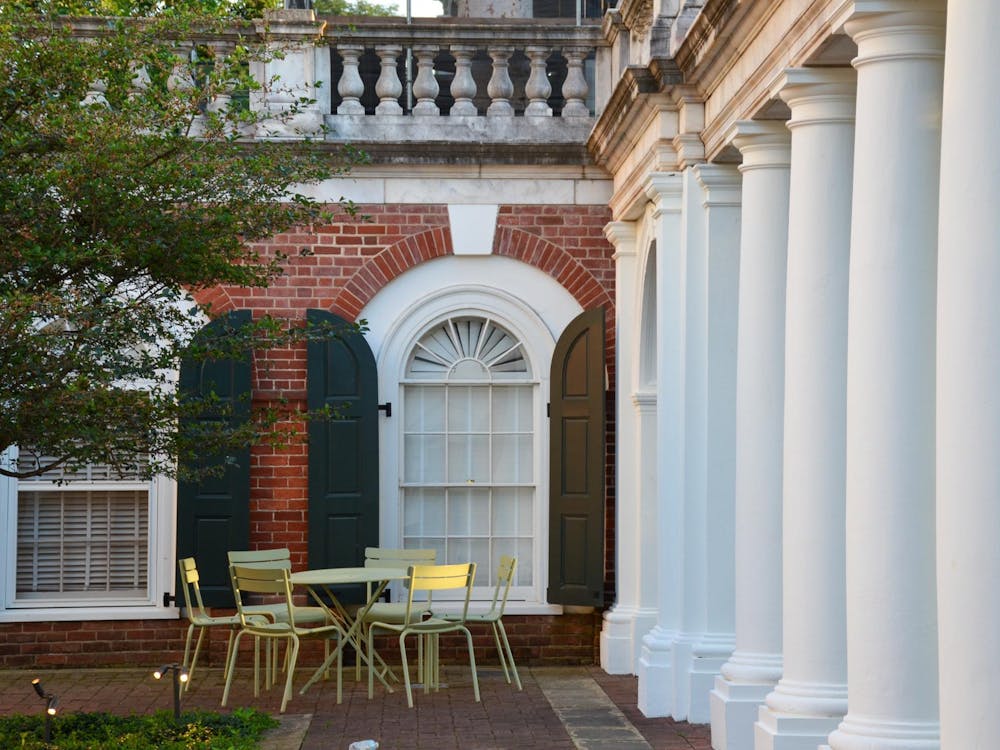Batten Hour featured a talk about safer Grounds Wednesday which focused on allowing students to feel more comfortable around Grounds and the barriers female students and faculty face due to safety concerns.
Public Policy Prof. Sophie Trawalter and Prof. Jennifer Doleac said women are underrepresented in academia, especially in STEM fields. Trawalter said this gender gap may be attributed to a hostile environment on Grounds.
“Concerns about safety explain the gender differences … at the University,” Trawalter said. “The claim that we’re testing is whether concerns about safety undermine women’s engagement at the University, and the preliminary data suggests that [they do].”
To determine how women feel about safety on Grounds, Trawalter and Doleac conducted a survey in which they collected data from students, faculty and post-doctoral students at the University.
According to the survey, most female students said they are concerned about their safety on Grounds at times, while most men say they are never concerned about their safety. Women also said Grounds is too dark at night and they would be more likely to stay late at the library if Grounds were better lit.
Female faculty also responded they are sometimes concerned about safety, while most male faculty reported they are never concerned with safety on Grounds.
Trawalter said physical safety is an issue, especially for women. She said women are less likely to use public spaces and work spaces at the University and are less likely to feel at home due such concern.
“What’s become clear to us is that for every woman that we talk to, [safety is] just intuitive — like, of course [they] think about this,” Trawalter said.
Trawalter and Doleac said they began collecting data to gage how safe females feel at the University and the factors that make them feel more or less safe.
“[The] goal here is to try to find data that corroborate the [reported feelings of safety] to some degree,” Doleac said.
Trawalter and Doleac’s research team worked with University Housing and Residence Life, Facilities Management and the Office of the Architect to study lighting around Grounds and observed very low light levels in most locations.
Trawalter and Doleac also studied how events triggering safety concerns impact women’s engagement at the University, such as the September 2014 disappearance of second-year College student Hannah Graham.
The study’s preliminary data showed a decrease in the probability of women swiping in to facilities after 8 p.m. during the period when Hannah Graham was considered missing. Data also showed female students are more likely to avoid enrolling in classes which begin or end at night, that and female faculty are less likely to teach classes at night.
“Women seem to not be able to disengage from [the Hannah Graham] story,” Trawalter said.
Trawalter also stressed the importance of safety research.
“I think there’s something important about doing this kind of work at U.Va. now when women are particularly concerned about safety,” Trawalter said.
Doleac emphasized the difference between safety research and sexual assault research.
“There really isn’t any other research on this,” Doleac said. “Research on sexual assault is trying to describe the current problem and typically uses survey responses. [We’re] trying to find better data to test the impact of different [initiatives] that will not only make women feel safer on university campuses but that will actually make them safer.”






